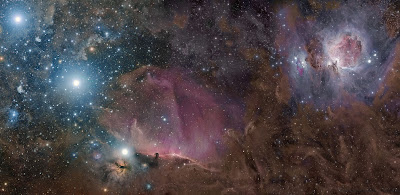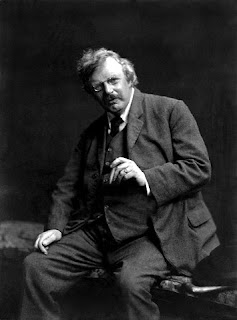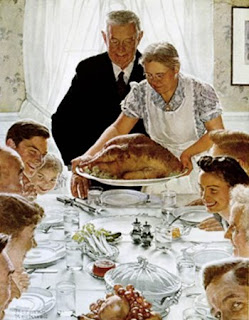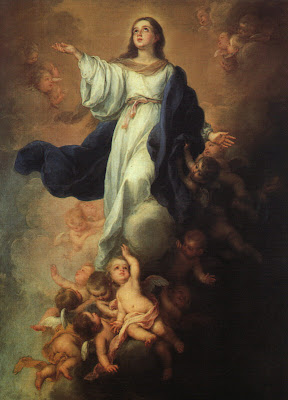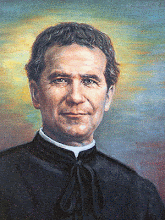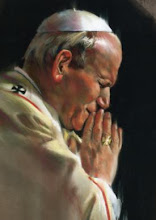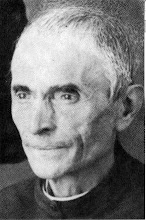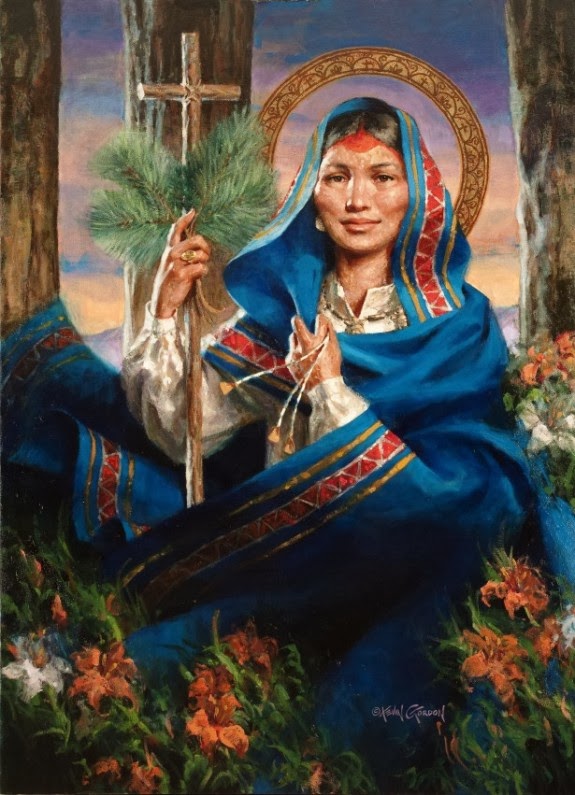The following comes from Archbishop Chaput:
Some years ago a friend told me that she secretly thought of the saints as boring. They smile at us sweetly from holy cards. Their lives can seem implausible compared to people more famous for their vices. And who would really want to be a saint, anyway? As Billy Joel once said, “I’d rather laugh with the sinners than cry with the saints. The sinners are much more fun.”
But when we come to understand holiness rightly, we see that it’s anything but boring. Sanctity isn’t a matter of sentimental posturing or being nice. Sanctity is about being passionately in love with Jesus Christ.
The saints are men and women who glowed white-hot with the Holy Spirit. They lived fully what Father Richard John Neuhaus once called “the high adventure of Christian discipleship.” And that’s truly what the heart of sainthood is: not a life of legalistic drudgery, but a high adventure.
Think about the women and men we venerate as saintly: Mother Teresa, Francis Xavier, King Louis IX of France, Gianna Beretta Molla, Pier Giorgio Frassati, Catherine of Siena. They lived some of the most compelling lives in history. Their roads were hard. They endured great sacrifices and self-denial. But those sacrifices led to greater love and joy than many in the world have ever known.
If we think about sainthood like that, it can seem like the saints are a special class of people. Sainthood is for people like them, we think, not everyday people like us. And how do you live like a saint if you’re just an ordinary worker, a father or a mother? The good news is that the saints were ordinary people like us. Their “secret” was not something they possessed, but Someone who possessed them.
The saints were men and women whom Jesus Christ made his own. As baptized Catholics, we too have been made Christ’s own. We receive Jesus Christ’s healing mercy and forgiveness in the sacrament of reconciliation. We eat his body and drink his blood in the Eucharist. We speak with him in moments of quiet prayer.
This love that we receive from Jesus should break out into the rest of our lives. St. Josemaria Escriva put it this way: “When a Christian carries out with love the most insignificant everyday action, that action overflows with the transcendence of God.” This means that even when we fix another family’s plumbing, or fill out their legal paperwork, or drive our kids to soccer practice, we can act with the love of Jesus Christ in the same way that the saints did.
The great second century bishop, Irenaeus of Lyons, once said that “the glory of God is man fully alive.” First and foremost, this refers to Jesus Christ. Jesus shows us what it looks like for a human being to live life abundantly. This means that the closer we are to Jesus, the more intensely alive we become. And the saints are examples of men and women who have lived their lives to the fullest. Because of the love of Jesus, they glow with the glory of God. Because of the love of Jesus, they’re fully alive.
The saints aren’t just our models, though. They form what Paul called “a great cloud of witnesses” (Heb. 12:1). The saints in heaven pray for us on earth, urging us on as we run the race of faith. They offer us hope in two ways. First, they show us that, by God’s grace, heroic Christian lives are possible. Second, they remind us of the destiny God has in store for those he loves. This life is a preparation for eternal union with God in heaven. That doesn’t mean sitting around forever with a pious halo, strumming a harp. Heaven is an eternity of the greatest love we have ever tasted in this life – growing deeper and stronger without end.
This All Saints’ Day, November 1, let’s reflect on what the saints really mean for us. Let’s remember the holy men and women whom we can emulate and to whom we can pray for help and guidance. Jesus said that he came so that we would have life, and have it abundantly (Jn. 10:10).
Let’s pray that we find the courage to seek out that abundant life with the saints. Let’s be women and men of love, witnesses of the glory of the God who makes us fully alive in Jesus Christ. There is no greater joy, no greater vocation.

